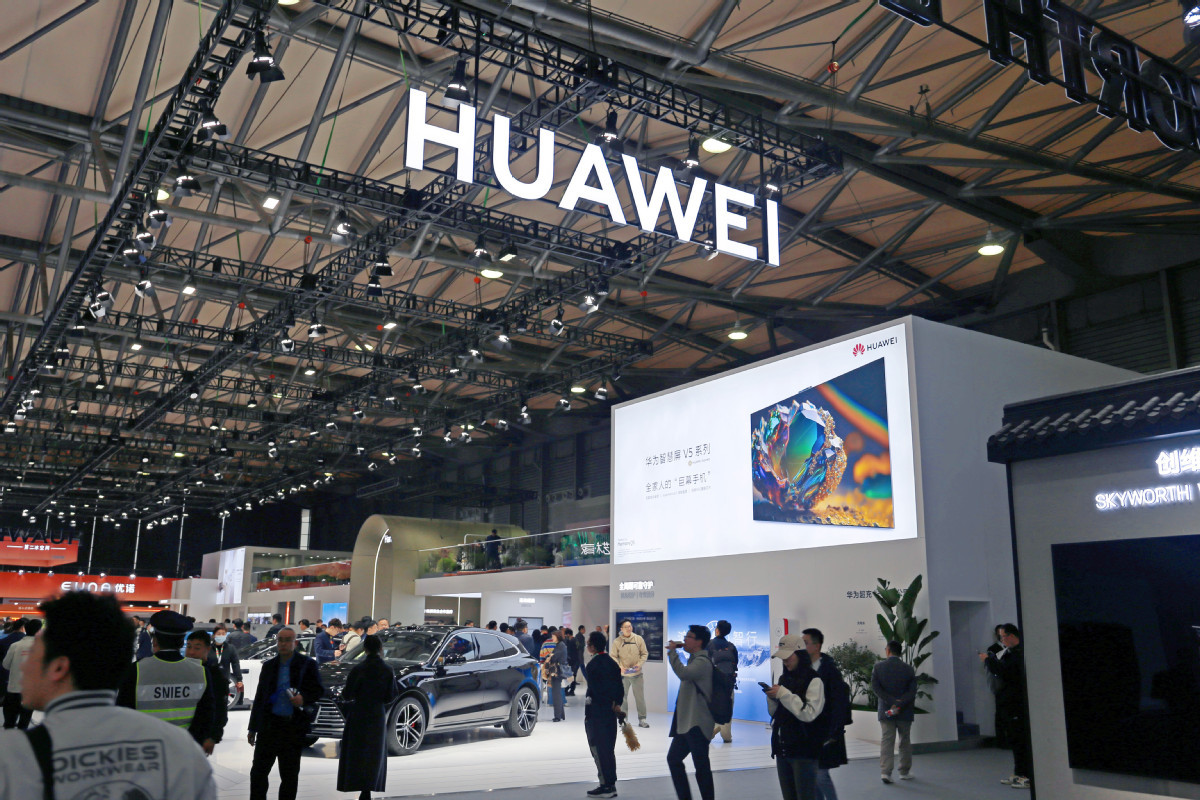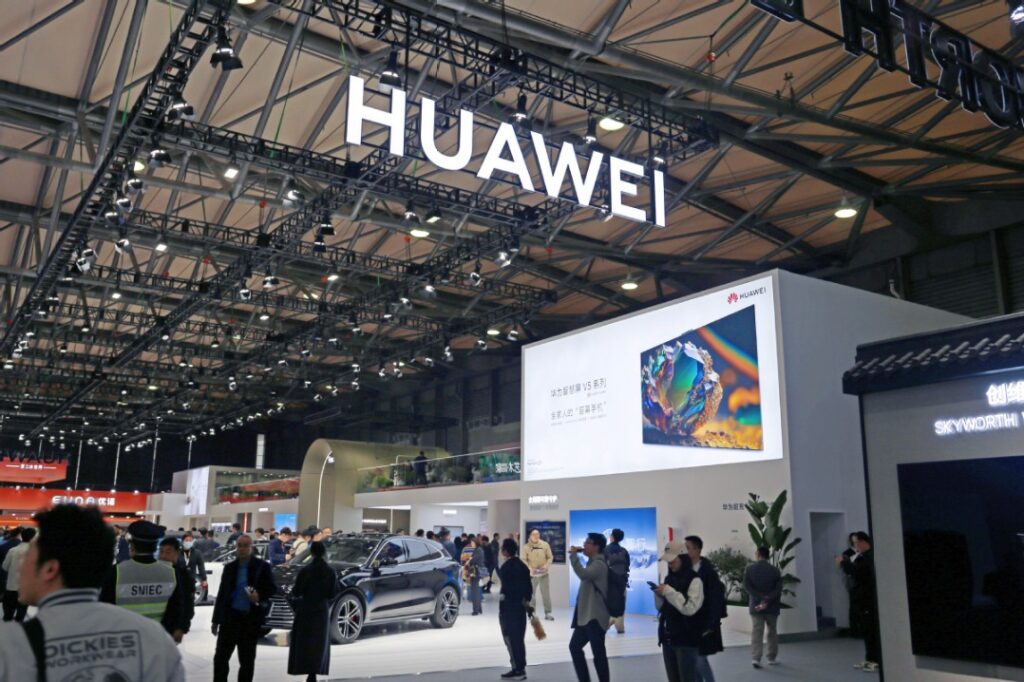
A booth promoting Huawei's HarmonyOS at the Shanghai Expo. CHEN YUYU/CHINA DAILY
Huawei has long faced accusations from Western countries that its products contain “backdoors” that could allow them to capture data traveling on networks the company builds and maintains, giving China access to telecommunications networks around the world.
British intelligence officials tried to find Huawei's backdoor but found nothing because backdoors are a figment of Western imagination. However, despite their failure, British intelligence continues to claim that Huawei's backdoor is causing damage to the US, UK and other countries.
But few of them have any good options other than making unfounded accusations that, in theory, such a backdoor “maybe” or “might exist.” Such paranoid accusations have cost countries at least $1 billion each, as they chose to replace perfectly functional Huawei parts with often inferior Western products.
By the way, Western products have backdoors open to Western intelligence agencies. Huawei itself has had to scramble to replace up to 4,000 parts at a cost of $2 billion to comply with Western sanctions.
What an efficient double win: they inflicted huge damage on Huawei, the world leader in digital communications technology, nearly destroying the company, while at the same time forcing it to replace its components with inferior Western ones.
A recent article in The Intercept, a left-leaning, reader-supported news site, said Western intelligence agencies have not proven that such backdoors exist in Huawei devices or that the company uses them.
Now in the spotlight, TikTok is about to be banned in the US because it is foreign owned. TikTok has around 150 million users in the US, some of whom depend on it for their livelihood. The threat of banning TikTok would allow this proven, money-making new media to be sold to a US buyer. Not surprisingly, several of former US President Donald Trump's closest aides, including former Treasury Secretary Steve Mnuchin, are flocking to the rich prey like vultures to a carcass.
But on Thursday, a dozen social and racial justice groups expressed concern that a federal effort to mandate a divestment or ban of TikTok could stifle speech within minority communities. They argued that such action would disrupt a vital platform that many rely on to make online connections and advocate for various causes.
American style democracy is so wonderful. It's an example of “from each according to his needs, to each according to his desires.”
While claims that TikTok poses a threat to U.S. national security have morphed into an anti-China campaign, the official record tells a different story. U.S. intelligence agencies have not presented any evidence that the popular short-video sharing platform has coordinated with Chinese authorities. But this fact has not stopped many in the U.S. Congress, and even President Joe Biden, from pushing for legislation to force the sale of TikTok.
In interviews and testimony before Congress about TikTok, senior officials from the FBI, CIA and other U.S. intelligence agencies, who have access to much of the government's most sensitive information and are therefore in a position to know it, have said that any national security threat posed by TikTok is entirely hypothetical.
The basic charge is that TikTok's parent company, the Chinese company ByteDance, could be forced by the Chinese government to use TikTok for targeted operations aimed at manipulating public opinion, collecting data on U.S. citizens, and even spying on individual users.
TikTok has categorically denied that it has ever shared U.S. users' data with the Chinese government and stressed that it would not do so even if asked.
Senior U.S. security officials seem happy to repeat the claim that the Chinese government controls TikTok, but they stop short of saying that the company actually works with the Chinese government.
Recently, Reuters reported that President Donald Trump signed a covert operations order authorizing the CIA to use social media to influence and manipulate public opinion in China and its views of the country. The existence of US covert cyber influence programs against Russia, Iran, other foreign powers, and terrorist groups is known.
In other words, the United States is the country to watch out for.
The author is a senior researcher at the Center for China and Globalization. The views do not necessarily reflect those of China Daily.
If you have specific expertise or would like to share your opinions on our articles, please send your writing to opinion@chinadaily.com.cn and comment@chinadaily.com.cn.



